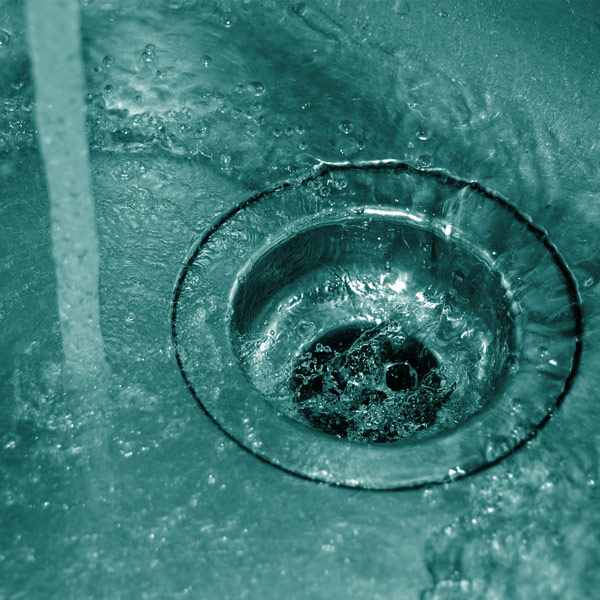Preventing and Thawing Frozen Pipes

Here in the Midwest, winters are cold and unforgiving. When the temperature drops at night, frozen pipes become a serious problem that local homeowners have to worry about. Any water that’s sitting inside of your pipes can easily freeze into solid ice. Because water expands when it freezes, this can exert thousands of pounds of pressure on your pipes, potentially causing them to burst. Burst pipes can cost thousands of dollars to fix, but there are some steps that you can take to protect your home from damage due to frozen pipes. The pipes that are most at risk are located in crawlspaces, garages, and other unheated areas of your home, as well as pipes that are located against outside walls. Here are some measures you can take to help prevent your pipes from freezing, as well as some methods for thawing them out if they’ve already frozen.
Avoiding Frozen Pipes
Here are some ways to help prevent frozen pipes during the cold Midwestern winters.
- Keep your garage closed during the winter. Closing your garage door will help keep the temperature higher inside, lowering the chances that water inside the pipes there will end up freezing.
- Run your furnace or heater overnight. Many homeowners try to save some money by turning the heat down when they’re asleep at night, but this raises the likelihood of frozen pipes. It’s worth the cost of heating your home to prevent the major expense of a burst pipe.
- Run your heater when you’re not at home. Again, keeping the temperature in your home at a consistent 55 degrees Fahrenheit or higher will prevent frozen pipes. Because damage from freezing and bursting pipes can run thousands of dollars in plumbing repair costs, it’s worth the money to keep your house heated at all times.
- Turn off your main water valve if you’re out of town. If you travel for a few days during the winter, it’s a good idea to go ahead and shut off your main water valve to prevent frozen pipes while you’re away. It also helps to keep your home heated to at least 55 degrees Fahrenheit.
- Cover up your outside hose bibs, and bring your garden hoses inside.
- Drain your sprinklers and swimming pools, according to manufacturer’s instructions. Never try to use antifreeze.
- Temporarily seal off crawlspace vents that are around the foundation, to help insulate these areas to prevent pipes from freezing.
Thawing Out a Frozen Pipe
If you already have a frozen pipe, but the pipe has not burst, you may still be able to thaw it out and avoid any lasting damage. You’ll know the pipe is frozen if only a tiny bit of water comes out when you turn on your faucet. Here’s how you can thaw your pipes to restore normal water flow and prevent the pipe from bursting from the pressure of the ice.
- Run a steady trickle of water through the pipe continuously. The running water will help to melt the ice faster.
- Apply heat to the outside surface of the pipes. You can use electric heating pads or towels soaked in hot water to warm the pipes and help melt the ice inside. You can also use hair dryers or electric space heaters to blow hot air onto the pipes.
- If one of your pipes has definitely frozen, be sure to check your other household faucets to make sure there aren’t any other frozen pipes in your home. There’s also a chance that you may not be able to access the pipes to thaw them, or that you otherwise won’t be able to get the ice to thaw completely. If so, be sure to call a professional plumber to help you safely thaw out your pipes to prevent any permanent damage.
